A hydraulic ram is a pump that operates by cycling and draws energy from water (hydropower). Hydraulic rams move a porton of a large volume of water at a lower level to a higher level without using external energy. For a hydraulic ram pump to function, it’s crucial to have enough water at a low height for the ram pump to be able to move it. Read More…
Here at Metro Hydraulic Jack Co. we manufacture hydraulic solutions for a number of markets including: agricultural, municipal, construction, mining and transportation. Our company has an extensive history of engineering success. If you are unsure what hydraulic products are best for your task then just let one of our representatives know your application and we can handle the rest!

At Hyseco Inc., we specialize in providing high-quality hydraulic motors and related solutions designed to meet the diverse needs of industries that demand reliable, efficient power. Our extensive experience allows us to offer a range of hydraulic motors that deliver optimal performance, whether in demanding industrial applications or precision-driven processes. We take great pride in our ability ...

Hader Industries, Inc. offers a variety of pumps, motors, valves, cylinders. We're your one stop for after market hydraulic services. We also offer machining, re-chroming, honing, fabrication, and many other services. Outstanding customer service is our goal, we're here to provide solutions for your needs. Call or visit our website today for more information.

At International Fluid Power of America, we take pride in delivering hydraulic solutions that keep industries moving with strength and precision. Our expertise centers on hydraulic pumps, which we design, supply, and support to ensure optimal performance in demanding applications.

More Hydraulic Ram Manufacturers
The hydraulic ram pump, also known as a hydram or impulse pump, is a mechanical device that utilizes the water hammer effect to pump water without relying on electricity or any external power source. This ingenious pump harnesses the energy generated when a moving fluid or gas is abruptly halted, resulting in a surge of pressure from the sudden change in momentum—a phenomenon known as water hammer. Water hammer is a relatively frequent occurrence in hydraulic systems and pipelines whenever there is flowing fluid that is suddenly stopped or redirected.

Working Principle of Hydraulic Ram Pumps
The hydraulic ram pump operates on the principle of water hammer. When the flow of water is suddenly stopped by closing a valve, the kinetic energy of the moving water is converted into pressure energy. This pressure surge is harnessed to lift a portion of the incoming water to a higher elevation, making the hydraulic ram an efficient solution for water-lifting applications in remote or off-grid locations.
Here's a step-by-step breakdown of the hydraulic ram working principle:
- The water valve (waste or impulse valve) is initially open, allowing water from the supply tank to flow under gravity through the supply pipe.
- As water accelerates and gains velocity, its kinetic energy increases until the waste valve is abruptly closed by the force of the water’s momentum.
- This sudden closure causes the water hammer effect, generating a pressure spike in the valve chamber.
- The pressure surge forces the delivery valve to open, allowing some water to enter the air vessel and subsequently be delivered through the delivery pipe to a higher elevation or into a delivery tank.
- As the pressure in the air vessel rises, the delivery valve closes, sealing off the high-pressure chamber.
- When pressure drops in the valve chamber, the waste valve reopens, allowing the process to repeat in a continuous cycle.
This cyclical process allows the hydraulic ram pump to operate automatically and continuously, requiring minimal human intervention and no external power. Due to its unique design, the pump can transport water uphill over long distances, making it ideal for remote water supply systems, off-grid irrigation, and other renewable water pumping applications.
Key Components and Parts of a Hydraulic Ram Pump

A typical hydraulic ram pump consists of the following essential components:
- Supply Tank: Holds the source water, such as from a stream, river, or spring.
- Supply Pipe: Transfers water from the supply tank to the valve chamber, often known as the drive pipe. The length, diameter, and slope of the supply pipe are crucial for optimal pump efficiency.
- Valve Chamber: Houses the internal moving parts, including the waste and delivery valves, where the water hammer effect occurs.
- Waste Valve (Impulse Valve): Opens to allow water flow and closes abruptly to initiate the water hammer effect.
- Delivery Valve (Check Valve): Opens when pressure surges and allows water to move into the air vessel and up the delivery pipe.
- Air Vessel (Air Chamber): Provides a cushion of compressed air to smooth out the pulsating flow, ensuring a steady water output.
- Delivery Pipe: Conveys the pumped water to its final destination, usually at an elevation higher than the pump itself.
- Delivery Tank: The end storage location for the delivered water, which could be a cistern, reservoir, or irrigation tank.
Each of these parts plays a vital role in ensuring the reliable and efficient operation of a hydraulic ram. Proper installation, sizing, and maintenance are necessary to optimize flow rate, lift height, and overall pump performance.
Benefits and Advantages of Hydraulic Ram Pumps
Why choose a hydraulic ram pump for your water-lifting needs? Consider these key advantages:
- Self-Operating and Automatic: Once installed, the hydraulic ram pump operates autonomously, requiring no manual operation or constant supervision.
- Low Maintenance and Simple Repairs: With few moving parts and a robust mechanical design, these pumps are easy to maintain and repair, even with limited technical skills.
- Minimal Operating Costs: Because the pump uses the kinetic energy of flowing water, there are virtually no ongoing energy costs. There’s no need for electricity, fuel, or external power sources.
- Environmentally Friendly: Hydraulic ram pumps are sustainable and eco-friendly, producing no emissions or noise pollution associated with electric or diesel-powered pumps.
- Continuous and Predictable Output: The pump operates 24/7 as long as there is sufficient flow and supply head, providing a reliable water source for critical applications.
- Off-Grid and Remote Applications: Ideal for locations without reliable grid access, such as farms, rural communities, and mountainous regions.
- Durable and Long-Lasting: Built from sturdy materials like cast iron or stainless steel, high-quality hydraulic ram pumps can last decades with proper care.
Common Disadvantages and Limitations of Hydraulic Ram Pumps
Despite their many benefits, hydraulic ram pumps also have certain limitations that buyers and users should consider:
- Noise During Operation: The cyclical water hammer effect can produce significant noise, which may be undesirable in residential or quiet rural areas.
- Limited Application Range: Hydraulic ram pumps require a continuous flow of water and a minimum supply head (height difference) to function. They are not suitable for all water sources or extremely low-head situations.
- Installation Costs: While operating costs are low, initial installation—including proper siting, piping, and foundation work—can be expensive depending on terrain and distance.
- Efficiency Constraints: Only a fraction of the source water is actually delivered to the destination; the rest is used to drive the pump and is discharged as waste.
- Potential for Air Leaks and Clogging: If not properly maintained, air leaks in the air vessel or debris in supply water can hinder pump performance.
Applications and Use Cases for Hydraulic Ram Pumps
Hydraulic ram pumps are versatile devices with a range of practical applications across various industries and environments. Popular use cases include:
- Drinking Water Supply: Lifting potable water from springs, streams, or rivers to storage tanks or points of use in remote communities, cabins, and farms.
- Irrigation: Delivering water to fields, gardens, or greenhouses, especially in hilly or mountainous terrain where gravity-fed irrigation is not feasible.
- Livestock Watering: Supplying water to troughs and tanks for livestock in pastures without direct access to electric power.
- Micro-Hydro Power Systems: In some systems, hydraulic rams are integrated with micro-hydro power generation to provide both electricity and water supply.
- Emergency and Disaster Relief: Deploying hydraulic ram pumps for temporary water supply in disaster-stricken or off-grid areas.
- Remote Homes and Eco-Resorts: Meeting the water needs of sustainable lodges, off-grid homes, and nature resorts committed to renewable water solutions.
- Community Water Projects: Supporting rural development and clean-water access initiatives in developing regions.
Are you wondering, “Can a hydraulic ram pump work for my property or project?” Explore your specific application needs—such as available water flow, vertical lift required, and site conditions—to determine if a hydram is the right choice. Contact a hydraulic ram manufacturer or water systems engineer for a detailed site assessment and feasibility study.
How Does a Hydraulic Ram Compare to Other Water Lifting Technologies?
When evaluating water pumping solutions, buyers often compare hydraulic ram pumps to electric centrifugal pumps, solar-powered pumps, and manual hand pumps. Key decision factors include:
- Power Source: Hydraulic rams are powered by moving water alone, while electric and solar pumps require external energy sources.
- Operating Costs: Hydraulic rams have almost zero running costs, whereas electric or fuel-powered pumps incur ongoing expenses.
- Maintenance and Durability: With fewer moving parts, hydraulic rams generally require less maintenance and have a longer lifespan.
- Site Suitability: Hydraulic rams need a minimum supply head and reliable flow, which may not be available at all sites.
- Water Delivery Rate: Electric pumps can deliver higher flow rates, but for many remote or low-volume applications, a hydraulic ram provides sufficient capacity.
- Sustainability: Hydraulic ram pumps are among the most sustainable and environmentally friendly water-lifting methods.
Curious about how to select the right pump for your water system? Start by evaluating your site's unique requirements, including source water characteristics, elevation change, daily water demand, and available budget. Compare hydraulic ram pump manufacturers for expert advice and product recommendations.
Hydraulic Ram Pump Sizing, Installation, and Maintenance
Proper sizing and installation of your hydraulic ram pump are essential for optimal performance and efficiency. Here are some important considerations:
- Sizing the Supply Pipe: The supply or drive pipe should be straight, of uniform diameter, and between 3 to 7 times as long as the vertical fall (supply head). This maximizes the water hammer effect and pump efficiency.
- Site Selection: Choose a location with a reliable water source and sufficient drop in elevation between the supply tank and pump. The greater the available supply head, the higher the pump can lift water.
- Foundation and Anchoring: The pump must be securely anchored to withstand water hammer forces and prevent movement or damage.
- Air Vessel Maintenance: Check the air vessel regularly for proper air charge, as loss of air can reduce pump efficiency and increase wear.
- Debris Screening: Install screens or filters at the water intake to prevent clogging of valves and ensure reliable operation.
- Seasonal Adjustments: In cold climates, protect the pump from freezing by insulating exposed parts or draining the system during winter months.
How Does a Hydraulic Ram Work in Automotive Applications?
While “hydraulic ram” often refers to the water-lifting pump, the term is also used in industrial and automotive hydraulics. In this context, a hydraulic ram is a cylinder and piston assembly that uses pressurized hydraulic fluid (usually oil) to generate linear force and motion. The piston is forced upward as oil is pumped into one side of the cylinder, allowing for applications such as lifting the front end of vehicles, operating heavy machinery, or powering industrial presses.
Do you need to find hydraulic cylinder or piston manufacturers? Explore our directory of hydraulic cylinder manufacturers for sourcing components for automotive, agricultural, and industrial hydraulic systems.
Frequently Asked Questions About Hydraulic Ram Pumps
- How much water can a hydraulic ram pump deliver?
The output depends on the available water flow, supply head, and lift height. Typically, 5-20% of the source water can be delivered uphill, depending on pump efficiency and installation quality. - What is the minimum supply head required for a hydraulic ram pump?
Most hydram pumps require at least 0.5 to 1 meter (1.5 to 3 feet) of vertical drop between the water source and the pump inlet to operate effectively. - Can a hydraulic ram pump lift water over long distances?
Yes, as long as there is sufficient supply head, hydraulic ram pumps can lift water hundreds of meters vertically and transport it over long horizontal distances. - Does water quality affect pump performance?
Yes. Water with high levels of sediment or debris can clog valves and reduce efficiency. Use appropriate screening and regular maintenance to ensure reliable operation. - Are hydraulic ram pumps suitable for drinking water?
Absolutely. Provided the source water is potable and the system is maintained hygienically, hydraulic ram pumps are ideal for rural and off-grid drinking water supply.
Have more questions about hydraulic ram pump design, efficiency, or troubleshooting? Contact our hydraulic ram experts for personalized support and detailed answers.
Conclusion: Is a Hydraulic Ram Pump Right for You?
The hydraulic ram pump stands out as a sustainable, reliable, and cost-effective water pumping solution—especially for off-grid, rural, and eco-conscious applications. While the initial installation cost may be significant, ongoing operation is nearly free, and maintenance is straightforward. By taking advantage of gravity and water hammer, the hydraulic ram offers a unique, low-tech method to access water where electricity or fuel is unavailable or impractical.
Whether you are a farmer seeking efficient irrigation, a rural homeowner in need of a dependable water supply, or an engineer designing a remote water system, the hydraulic ram pump is a proven solution with a long track record of success worldwide.
How to Choose the Right Hydraulic Ram Pump Manufacturer
To ensure the most productive outcome when purchasing a hydraulic ram pump, it's crucial to compare leading hydraulic ram pump manufacturers and suppliers. Use our comprehensive directory of hydraulic ram manufacturers to review company profiles, explore areas of expertise, and assess product ranges. Each manufacturer listing features direct contact options, enabling you to request detailed product information, obtain customized quotes, and discuss your unique project requirements.
Looking to compare hydraulic ram pump prices or request multiple quotes? Our streamlined RFQ form allows you to contact several manufacturers at once, saving you time and helping you secure the best value for your investment. Be sure to review each manufacturer's website using our patented website previewer to quickly determine which hydraulic ram business aligns best with your needs.
Ready to start your project? Connect with trusted hydraulic ram pump manufacturers today to discuss your water-lifting goals, technical requirements, and site conditions.
Explore More About Hydraulic Ram Pumps and Water Lifting Technologies
Want to dive deeper into hydraulic ram pump technology, design considerations, and real-world success stories? Explore our extensive library of Hydraulic Ram Pump Resources for:
- In-depth technical guides and installation manuals
- Case studies of successful hydraulic ram pump projects
- Comparisons with alternative water pumping solutions
- Expert advice on sizing, maintenance, and troubleshooting
- Buyer’s guides and product reviews
Empower your next water project with the knowledge and resources you need to make informed decisions about hydraulic ram pumps and other sustainable water supply solutions.





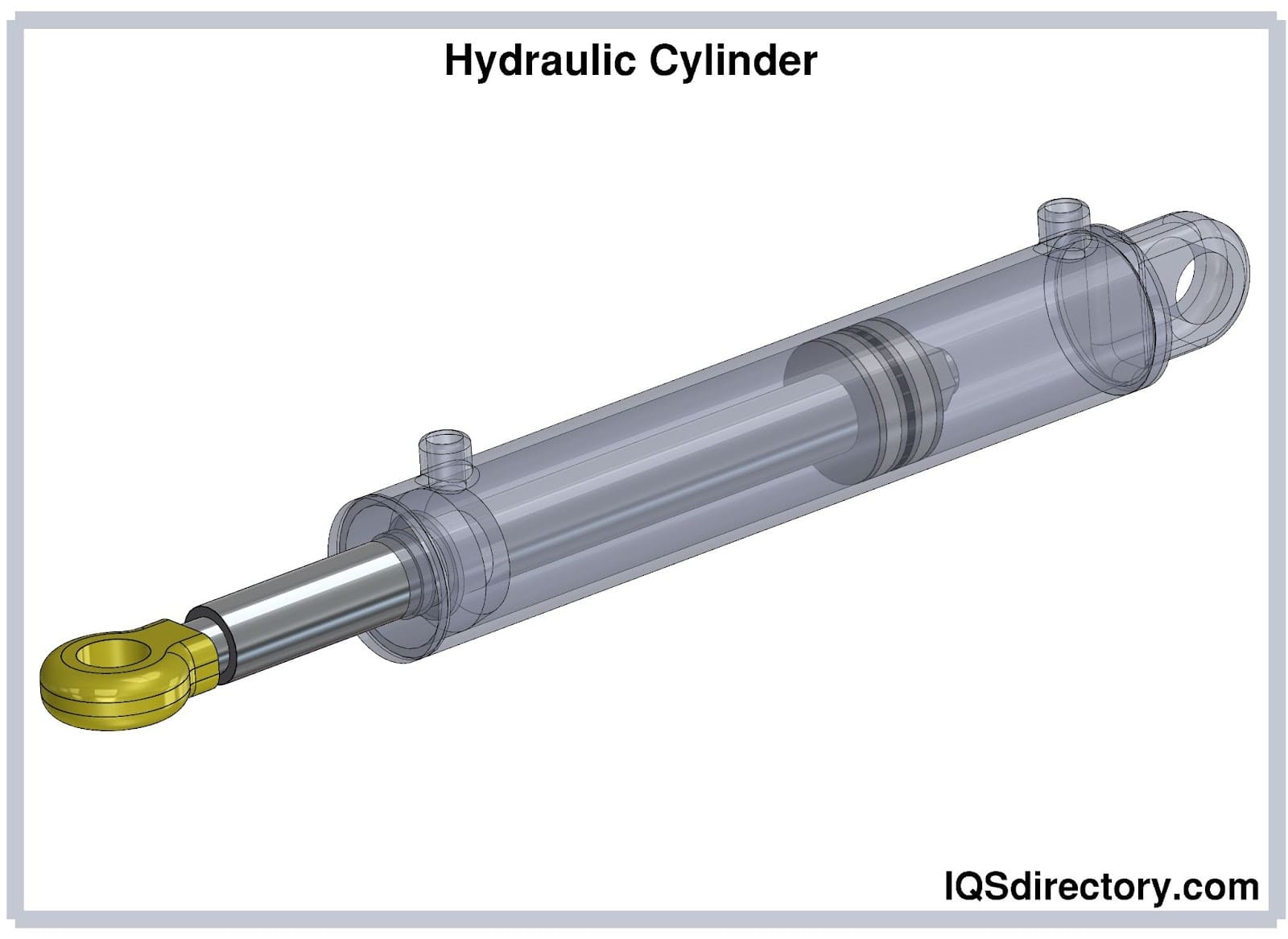
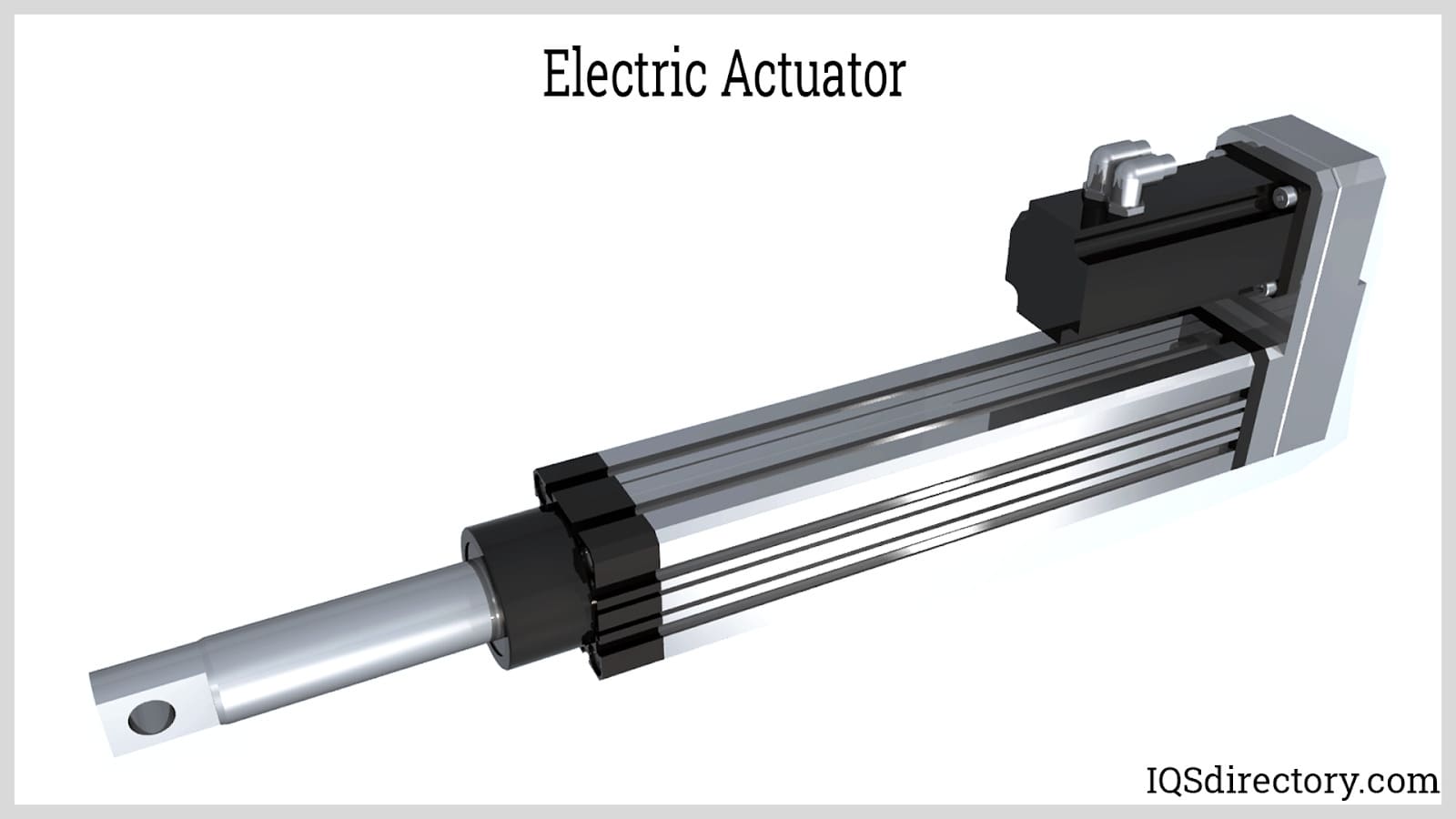
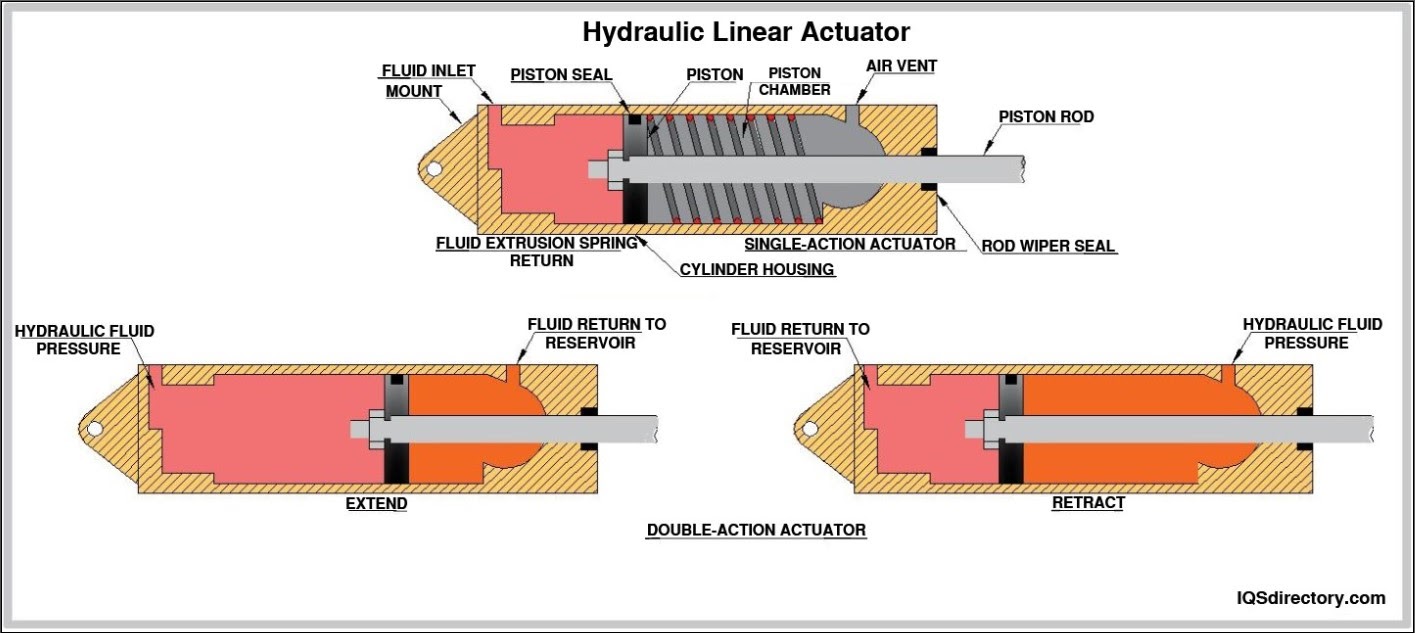
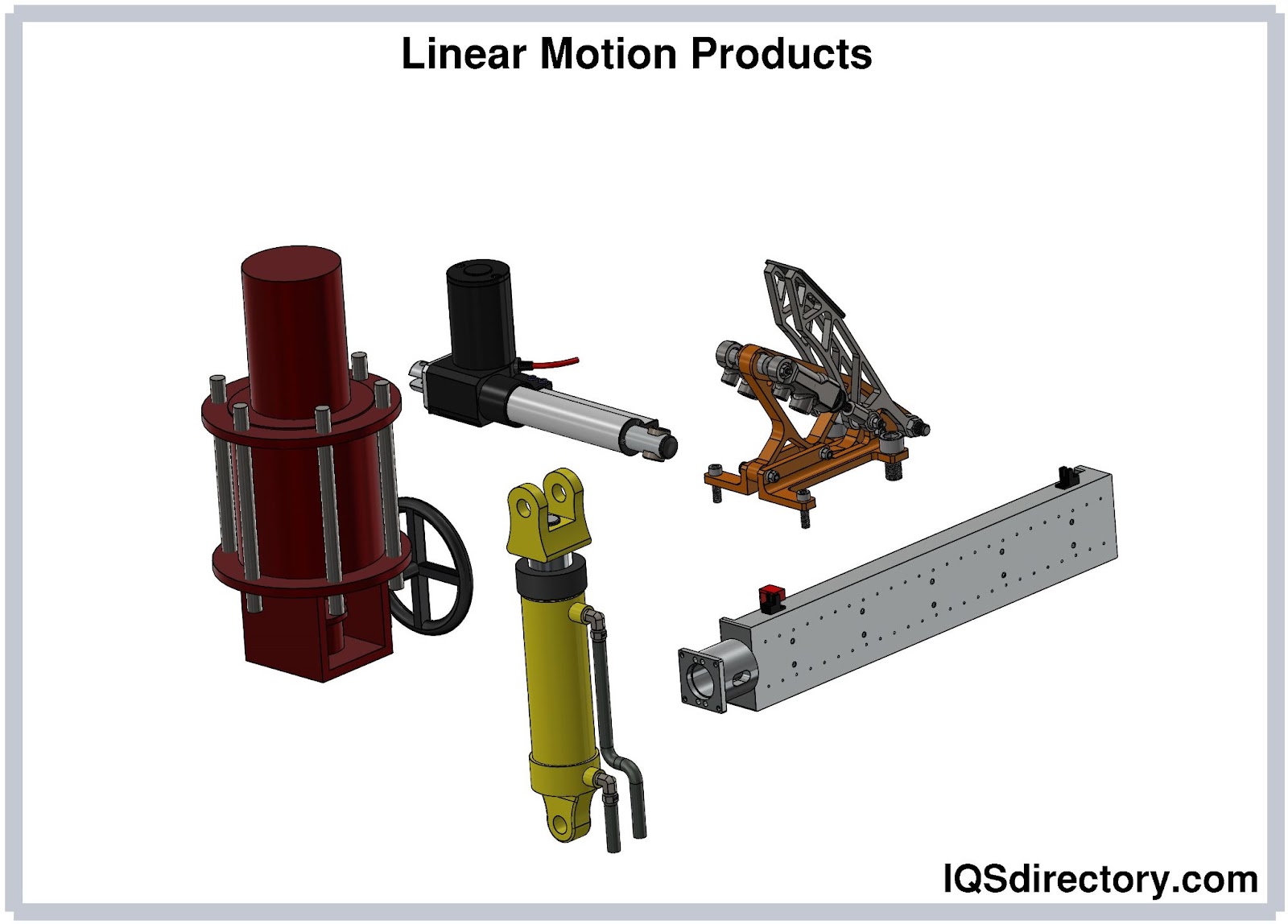
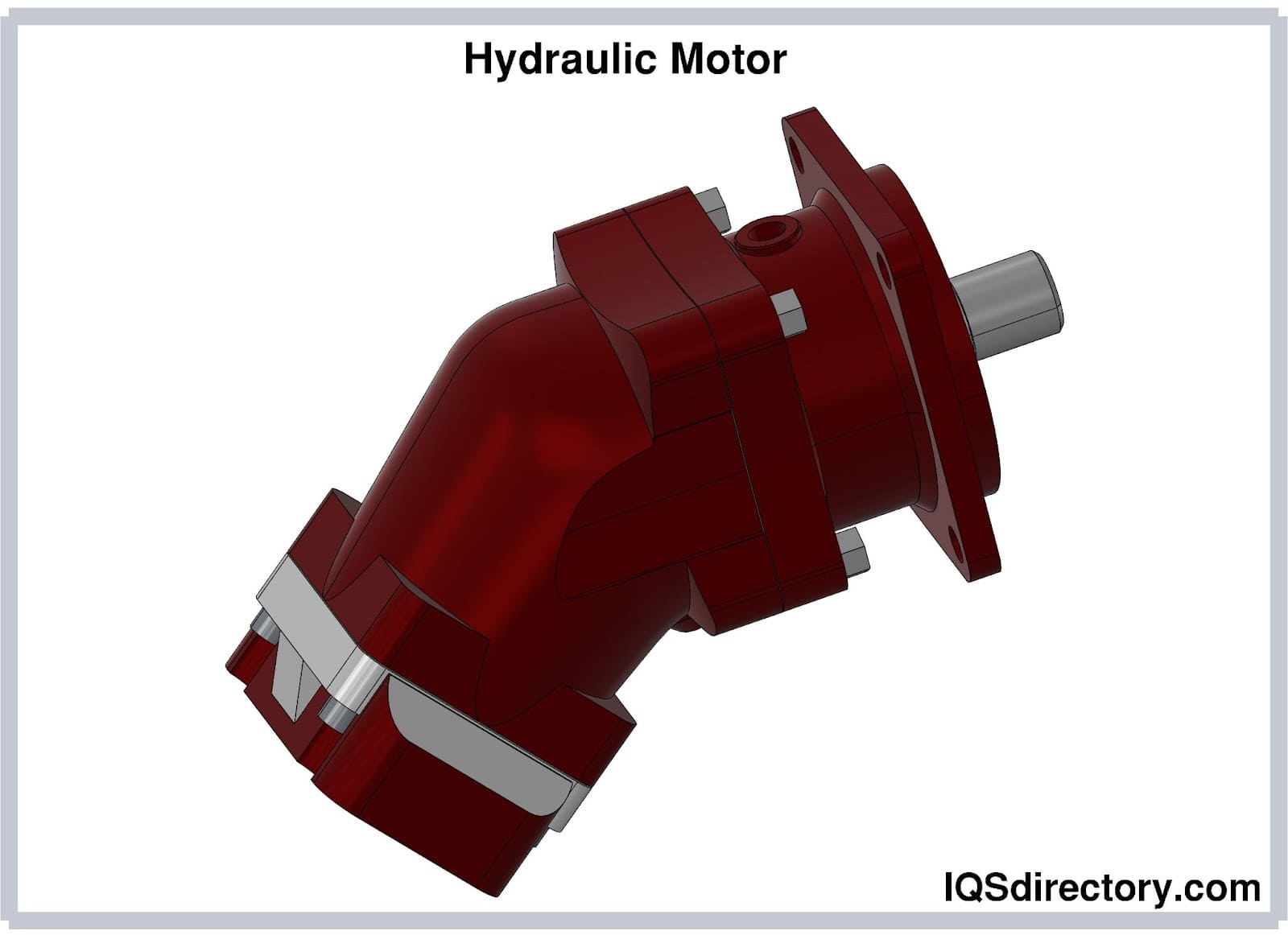
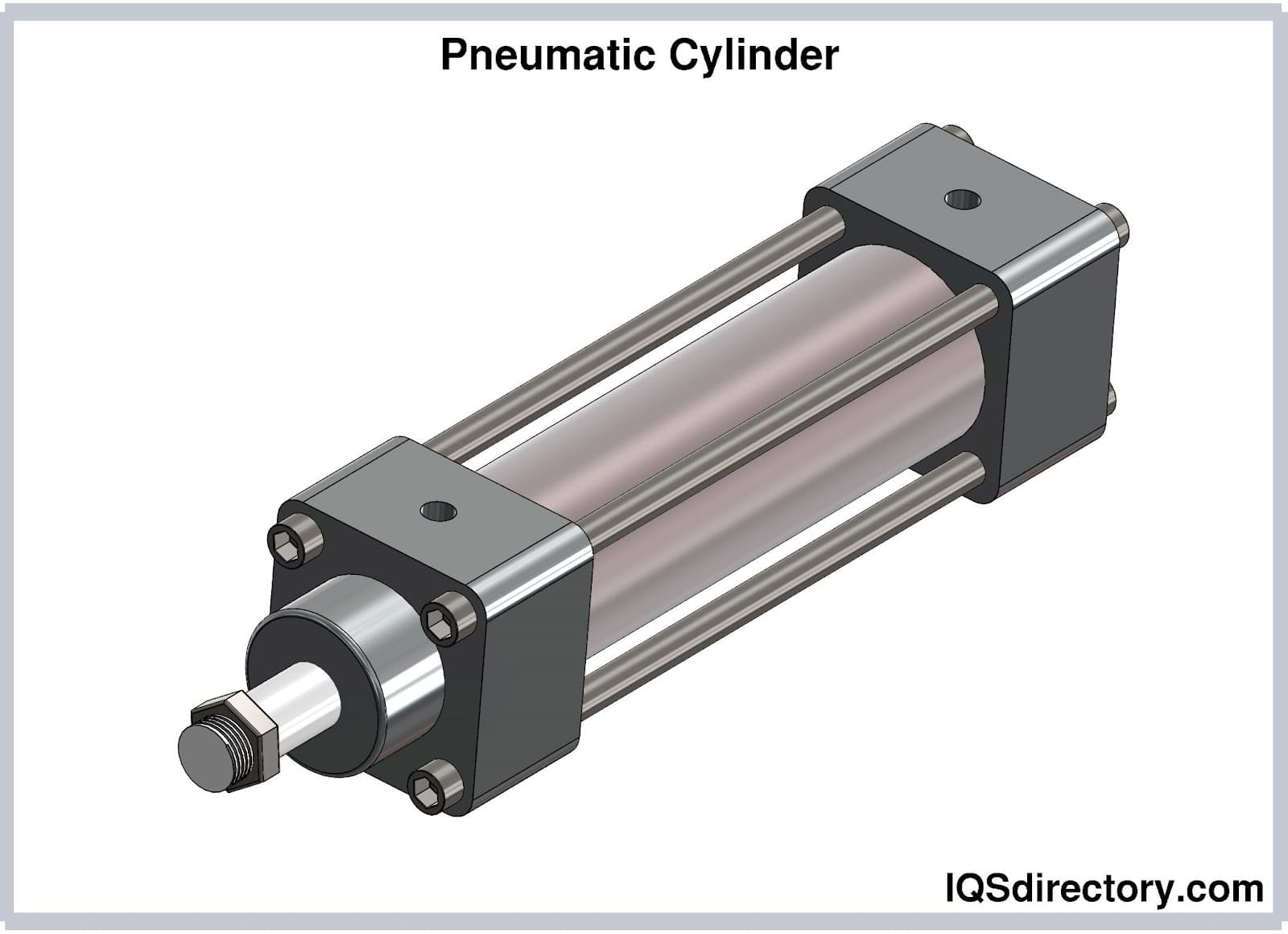
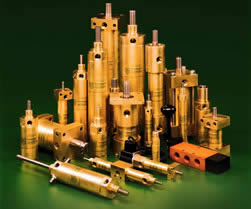 Hydraulic Cylinders
Hydraulic Cylinders Hydraulic Lifts
Hydraulic Lifts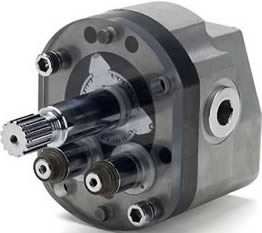 Hydraulic Motors
Hydraulic Motors Hydraulic Presses
Hydraulic Presses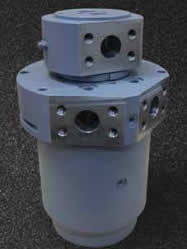 Hydraulic Pumps
Hydraulic Pumps Hydraulic Seals
Hydraulic Seals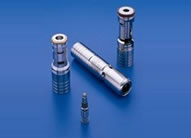 Hydraulic Valves
Hydraulic Valves Castings & Forgings
Castings & Forgings Bulk Material Handling
Bulk Material Handling Electrical & Electronic Components
Electrical & Electronic Components Flow Instrumentation
Flow Instrumentation Hardware
Hardware Material Handling Equipment
Material Handling Equipment Metal Cutting Services
Metal Cutting Services Metal Forming Services
Metal Forming Services Metal Suppliers
Metal Suppliers Motion Control Products
Motion Control Products Plant & Facility Equipment
Plant & Facility Equipment Plant & Facility Supplies
Plant & Facility Supplies Plastic Molding Processes
Plastic Molding Processes Pumps & Valves
Pumps & Valves Recycling Equipment
Recycling Equipment Rubber Products & Services
Rubber Products & Services